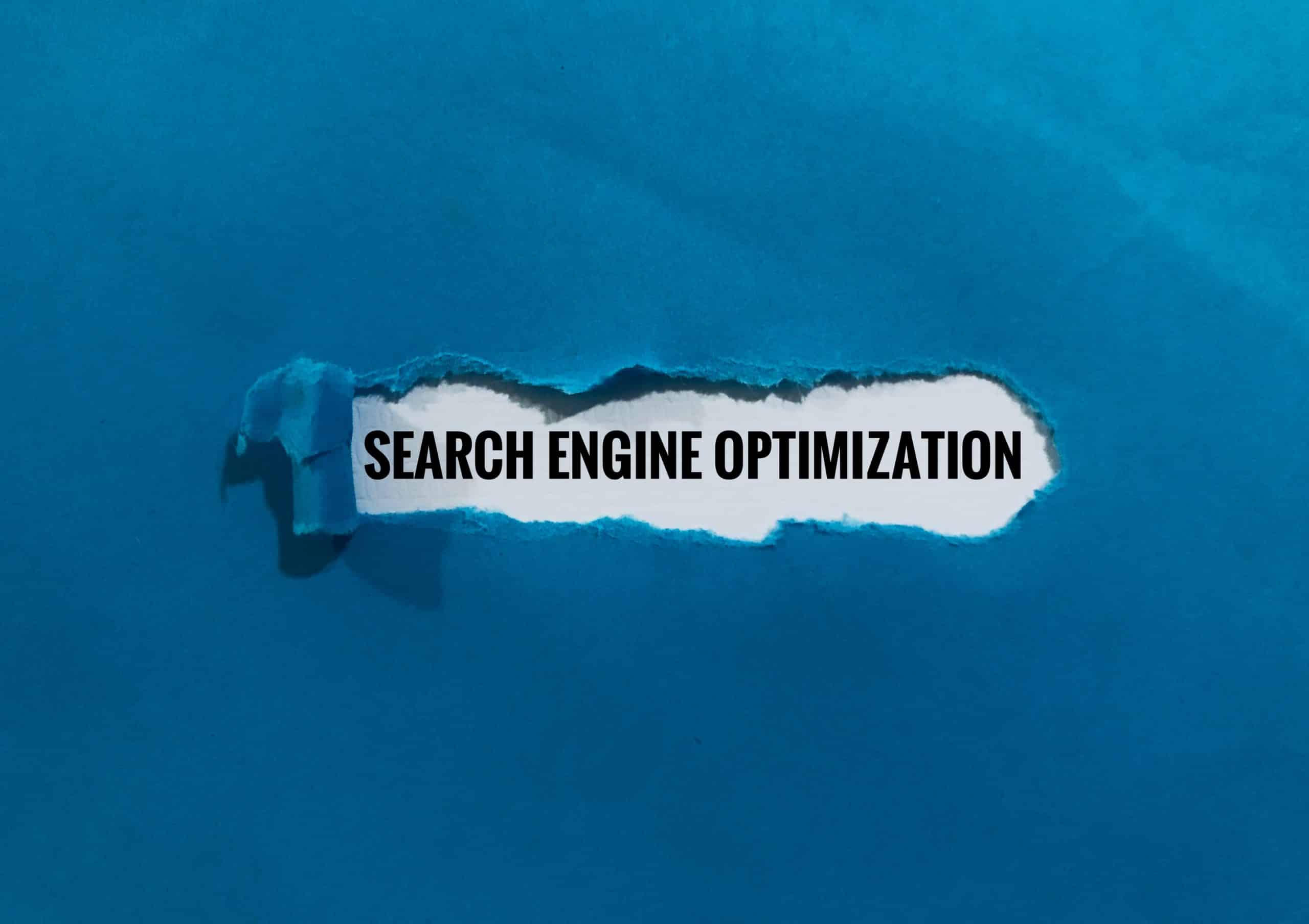How to Optimize E-commerce Logistics for Faster Delivery in the UK?

E-commerce is a booming industry, not only globally but also in the UK. With the advent of digital technology, more and more consumers are turning to online platforms for their shopping needs. However, as the demand for online shopping increases, so does the need for efficient and effective logistics systems. This article aims to provide a comprehensive guide on how to optimize e-commerce logistics to ensure faster delivery within the UK.
Understand the Current Logistics Landscape
Before taking steps to optimize your e-commerce logistics, it’s crucial to understand the current logistics landscape in the UK. This will give you a baseline against which you can measure improvements and identify areas for potential optimization.
This might interest you : How to Create an Effective Email Marketing Campaign for a UK-Based B2B Service Provider?
The UK logistics sector is dynamic, characterized by constant change and innovation. It’s driven by factors such as increased consumer demand, technological advancements, and regulatory changes. In recent years, the sector has seen significant growth, largely due to the increased popularity of online shopping.
However, despite this growth, the sector faces several challenges. These include transport inefficiencies, labor shortages, and the need for better inventory management. Overcoming these challenges requires strategic planning, innovation, and a commitment to continuous improvement.
Also to read : How Can UK Legal Firms Use AI for More Efficient Document Analysis?
Implement an Advanced Warehouse Management System
One key area where you can optimize your e-commerce logistics is in warehouse management. An advanced Warehouse Management System (WMS) can make a significant difference in how efficiently and effectively you manage your inventory.
A WMS can help you keep track of inventory levels, manage stock rotation, and ensure timely order fulfilment. It can also aid in forecasting demand, which is crucial in managing stock levels and preventing overstocking or understocking.
Furthermore, an advanced WMS can provide real-time information, allowing you to make quick decisions based on accurate data. It can also integrate with other systems such as Enterprise Resource Planning (ERP) and Customer Relationship Management (CRM), providing a holistic view of your operations.
Leverage Technology for Efficient Last-Mile Delivery
Last-mile delivery is often the most challenging aspect of e-commerce logistics. It involves getting the product from the local distribution center to the customer’s doorstep.
Leveraging technology can significantly improve the efficiency of last-mile delivery. For instance, you can use advanced route optimization software to plan the most efficient routes for your drivers. This can reduce travel time, fuel costs, and carbon emissions.
Additionally, you can use GPS tracking to monitor your drivers in real-time. This can allow you to quickly identify and address issues such as delays or route deviations.
Technology can also improve the customer experience. For instance, you can provide customers with real-time tracking information, enabling them to know exactly when their package will arrive.
Optimize Your Return Process
While much focus is placed on the delivery process, the return process is equally important. A smooth return process can improve customer satisfaction and loyalty, while a complicated or inefficient process can deter customers from making future purchases.
To optimize your return process, consider providing clear and easy-to-understand return instructions on your website. Also, try to make the return process as convenient as possible for your customers. This might involve providing prepaid return labels, offering multiple return options (e.g., return by mail or in-store), and processing refunds promptly.
You can also leverage technology to streamline the return process. For example, you can use a return management system to track returned items, manage return authorizations, and automate refund processing.
Build Strong Partnerships with Logistics Providers
Building strong partnerships with logistics providers can play a crucial role in optimizing your e-commerce logistics. Reliable logistics providers can help ensure timely and efficient delivery, which can enhance customer satisfaction and loyalty.
Therefore, it’s important to carefully select your logistics providers. Consider their reliability, capacity, and technological capabilities. Also, consider their ability to scale as your business grows.
Furthermore, maintain open and regular communication with your logistics providers. This can facilitate better coordination, allowing you to quickly address issues and make necessary adjustments.
In summary, optimizing e-commerce logistics for faster delivery in the UK involves understanding the current logistics landscape, implementing an advanced WMS, leveraging technology for last-mile delivery, optimizing the return process, and building strong partnerships with logistics providers. By focusing on these areas, you can improve the efficiency and effectiveness of your logistics operations, ultimately leading to faster delivery and improved customer satisfaction.
Incorporate Predictive Analytics for Demand Planning
Understanding future demand is crucial when it comes to optimizing e-commerce logistics. Predictive analytics can offer significant assistance in this respect by analyzing historical data and market trends to predict future customer demand.
Predictive analytics utilizes advanced algorithms and machine learning techniques to extract insights from large volumes of data. These insights can help you better understand customer shopping habits, seasonal trends, and other factors influencing demand. Consequently, this understanding can support accurate inventory management and efficient order fulfilment.
Moreover, predictive analytics can help identify potential bottlenecks in your logistics chain, enabling you to take corrective action before they become problematic. It can also support better resource allocation, ensuring that you have the right personnel and equipment in place at the right time.
From the customer perspective, predictive analytics can enhance the shopping experience. For instance, you can use it to offer personalized product recommendations based on a customer’s past shopping behaviour. This can increase customer engagement and potentially boost sales.
Adopt Environmentally Friendly Practices
Adopting environmentally friendly practices is not just good for the planet; it’s also good for business. A growing number of consumers in the UK are expressing preference for brands that prioritize sustainability. Incorporating green practices into your e-commerce logistics can thus help you attract and retain these environmentally conscious customers.
One step towards green logistics is to streamline your operations to reduce waste. This can involve reducing packaging materials, optimizing routes to decrease fuel consumption, and implementing energy-efficient technologies in your warehouses.
Additionally, you can consider using renewable energy sources, such as solar power, in your logistics operations. This can further reduce your carbon footprint and contribute to sustainability.
Finally, you can consider partnering with green logistics providers who share your commitment to sustainability. These providers can offer solutions such as electric vehicles for delivery, biodegradable packaging materials, and carbon offset programs.
Conclusion
Optimizing e-commerce logistics for faster delivery in the UK is a multifaceted process, involving a thorough understanding of the current logistics landscape, technological integration, efficient last-mile delivery, streamlined returns, and strong partnerships with logistics providers. Plus, incorporating predictive analytics and adopting environmentally friendly practices can further enhance your logistics operations.
While this process may seem complex, the benefits are well worth the effort. Faster delivery times not only satisfy customer expectations but also contribute to customer retention and increased sales. Moreover, efficient logistics operations can help control operational costs and improve your bottom line.
So, whether you’re a small online retailer or a large e-commerce giant, investing in logistics optimization can give you a significant competitive edge in the bustling e-commerce landscape of the UK. Remember, the ultimate goal is to create a seamless shopping experience for your customers – from the moment they click ‘buy’ to the moment they receive their parcel.
